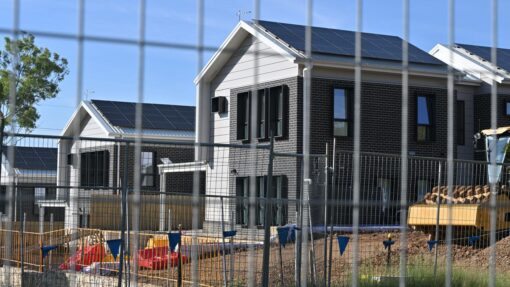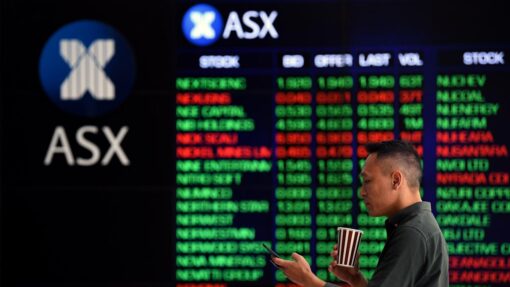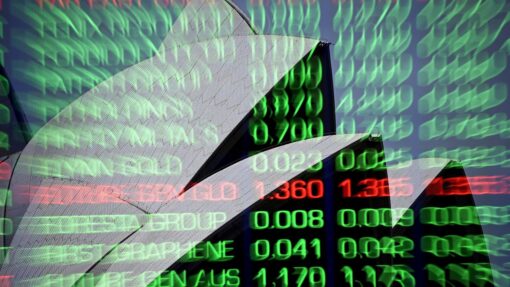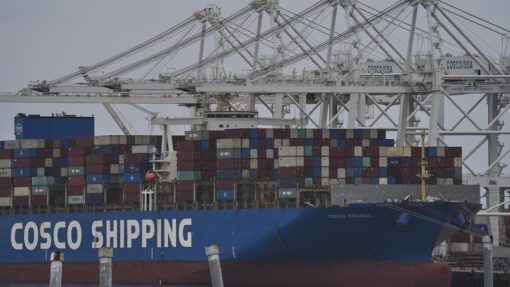Crying poor claim as insurers accused of price gouging
Rachael Ward |

Australia’s biggest insurers have been accused of price gouging and driving up inflation after raking in huge profits as premiums soared.
The nation’s biggest general insurer IAG posted $898 million in profit after tax, QBE recorded a half-year profit of $802 million and Suncorp’s insurance wings made profits of $805m.
Insurance premiums jumped 14 per cent in the year to June 30 and were one of the biggest contributors to living costs over that quarter, according to the Australian Bureau of Statistics.
The rise was attributed to natural disasters, claims costs and higher reinsurance prices which hit premiums for house, vehicle and home contents insurance.

Insurance companies were accused of “driving up inflation and hurting the economy” by Australian Council of Trade Unions assistant secretary Joseph Mitchell.
“The insurance companies are crying poor and blaming cost increases,” Mr Mitchell said.
“But they have increased premiums well above costs to post record profits, using the same price-gouging formula as other major businesses coming out of the pandemic.”
A spokesperson for Suncorp acknowledged it had been a challenging time for customers and said a step-up in the frequency and severity of weather events had impacted the cost of reinsurance by more than $1 billion.
“Much of this has unfortunately flowed through to customers,” they said.
“On top of this has been the inflation that has been embedded in the Australian and New Zealand economies.”
QBE said premiums increased because of the cost of extreme weather combined with inflation, the rising cost of doing business and growing value of its assets.

A spokesperson said it was “in everyone’s interests to have a strong insurance sector in order to pay claims.”
IAG was focused on “minimising the impact of premium increases” to customers, chief executive Nick Hawkins said as he unveiled the company’s results on Wednesday.
It comes as the corporate watchdog revealed severe weather insurance claims and complaints would be put under the microscope as part of a crackdown on how insurers respond to climate change.
The Australian Securities and Investments Commission vowed to take action against companies that do the wrong thing, with commissioner Alan Kirkland warning insurers they have been put on notice.
Mr Kirkland highlighted issues with how unnamed insurers responded to devastating floods in 2022 including communication concerns, resourcing of claims handling and contract management.

Companies insisted they had cleaned up their act but that would be put to the test, he said.
“Following some of the severe weather events we saw last summer we want to understand whether that is the case,” Mr Kirkland said.
“We will not hesitate to take enforcement action where we find misconduct.”
Insurers paid out $2.2 billion in extreme weather claims in 2023/24 and the impact of those events on the economy has more than tripled over the past 30 years, according to Insurance Council of Australia data.
“Harmful” insurance products are also being examined by the watchdog, including a review of direct sales practices and whether they impact which products customers buy.
Auditing firms will undergo an ethics and independence review, while debt management firms and advice on self-managed super funds from financial advisors will be examined.
The watchdog revealed it launched 170 new investigations in 2023, up 25 per cent on the previous 12 months.
AAP


